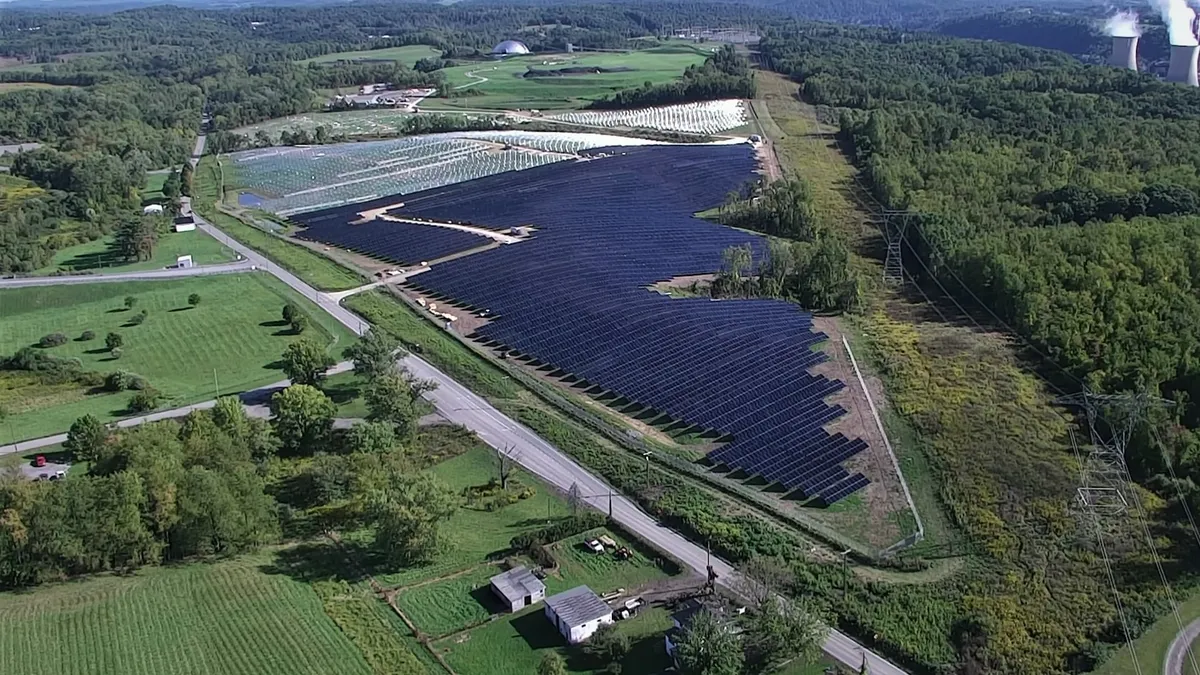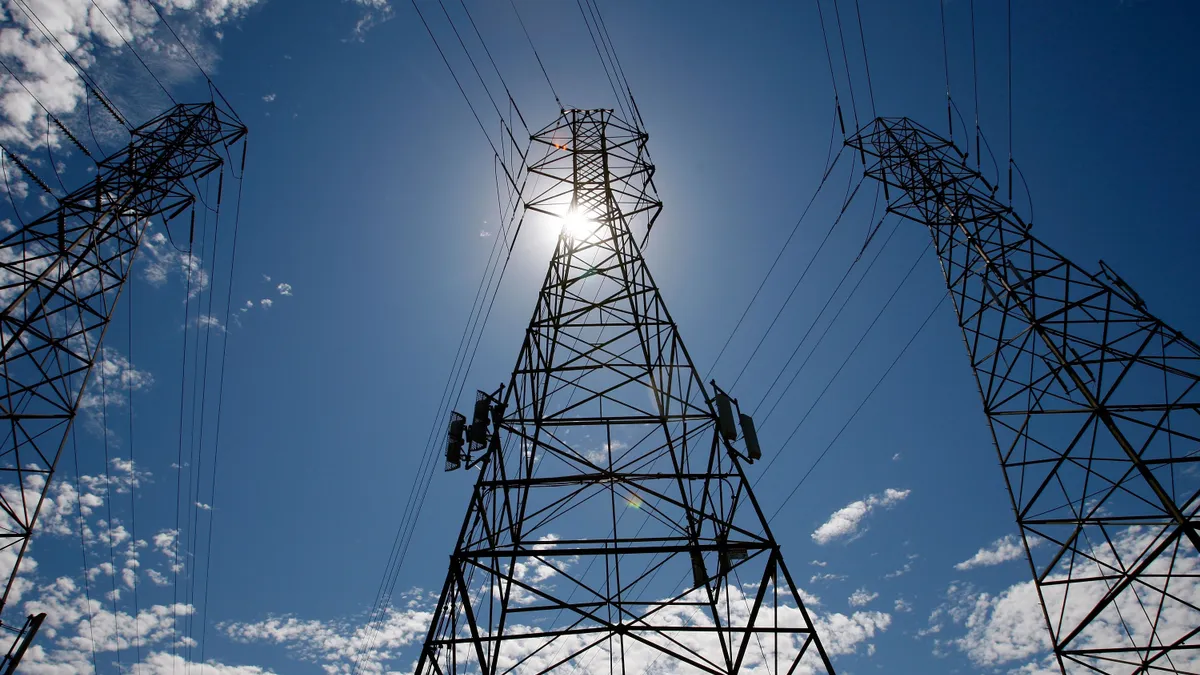Dive Brief:
- Complying with Oregon's 50% renewable energy mandate and its prohibition on coal-fired power will be substantially cheaper than anticipated, Northwest utility Pacific Power told state regulators in a filing last week.
- Five months ago, Pacific Power told lawmakers complying with Senate Bill 1547 would raise 0.8% annually through 2030 — about a 12% increase overall. In a filing with the Oregon Public Service Commission, the utility said it now expects the mandate to push rates up 0.1% over that entire timeframe.
- Lower costs for large-scale solar and Pacific Power's participation in an expanded interstate electricity market were credited for the revised estimates. Portland General Electric, the state's other investor-owned utility, is currently evaluating its cost estimates.
Dive Insight:
When Oregon lawmakers were preparing to pass a bill calling for 50% renewables by 2040 and a prohibition on importing coal power to the state, one of the main sticking points was cost.
Industrial interests latched on to utility cost estimates, saying the measure would make the state economically unattractive and increase costs to ratepayers.
Now, some of that concern appears to be subsiding. Pacific Power, owned by Warren Buffett's Berkshire Hathaway Energy, said it only expects rates to rise 0.1% through 2028 as a result of the law.
That, the Portland Tribune notes, is more than 100 times less than the 12% rate increase through 2030 the utility gave to lawmakers during deliberations five months ago.
State Sen. Lee Beyer (D), a former Oregon utility commissioner, told the paper that lower solar costs, better wind energy integration and the expanded California Energy Imbalance Market (EIM) all contributed to the lower cost estimates.
The EIM, launched by the California grid operator and PacifiCorp in 2014, allows for expanded electricity trading between utility service areas in the West. Through the end of 2015, it delivered $45 million in benefits for consumers, a recent CAISO report noted.
“I think this is a real good example of people’s fears that prove to be unfounded,” Beyer told the Tribune. “I am not surprised that the numbers are coming in lower,” Beyer says.
Portland General Electric has not completed new cost estimates for the renewables mandate. Its numbers, the Tribune notes, could be more significant for the state, as it serves more ratepayers and urban areas than Pacific Power.
PGE forecasted a 1.5% rate increase from the bill, but its estimates could fall as well. The utility joined the EIM late last year, allowing it to tap the same market for renewables.
The lower cost of renewable energy does not, however, address concerns about the coal provision, which would prohibit imports of coal-fired power by 2035.
When the bill was passed, Travis Kavulla, a Montana commissioner and president of the national utility regulator's association, noted it "amazingly" does not include a requirement for the utilities to shut down their existing coal capacity, most of which is located out of state in Wyoming and Montana.
"Presumably those utilities will simply reallocate their coal plants to customers in other states or engage some swapping behavior so the conscience of Oregonians can be clear," Kavulla said, "but it's pretty clear that this bill won't actually reduce carbon emissions despite that being the ostensible purpose of it."














